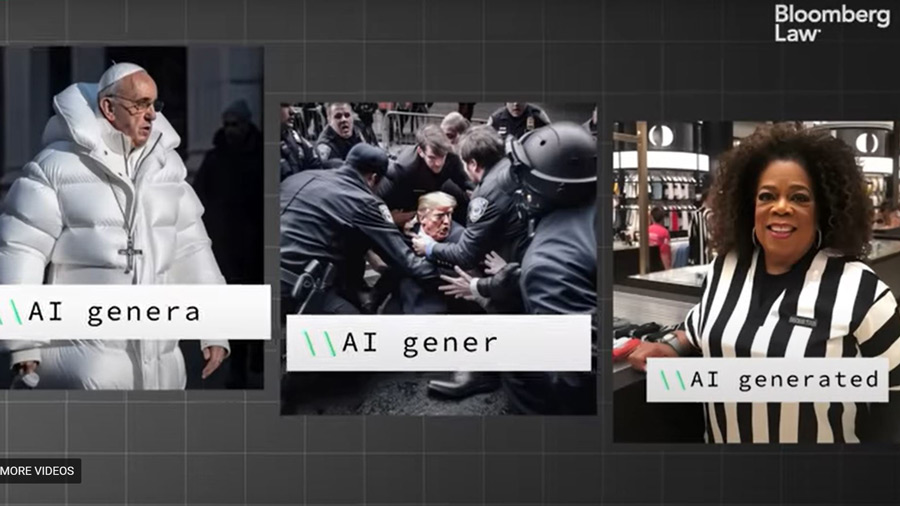Southeast Asia voters grapple with explosion of AI images
Those who watched a video featuring the late former Indonesian dictator Suharto, may have been startled by the lifelike portrayal. The video, released in January 2024, showcased Suharto endorsing Golkar representatives in an upcoming election, despite his passing 16 years prior. This video, with over 4.7 million views, was a "deepfake," created using artificial intelligence (AI) technology.
Impact of AI in Southeast Asia
In neighboring Malaysia, accessible high-speed Internet has facilitated the rapid consumption of online content, including platforms like TikTok. This shift in digital landscape has influenced political outcomes, as seen in the rise of the Malaysian Islamist Party (PAS) in the 2022 general election, credited to their effective use of TikTok.

The year 2024 witnessed significant elections across Asia, with countries like Taiwan, Bangladesh, South Korea, and others experiencing political shifts. The potential misuse of AI in elections raises concerns about misinformation and manipulation of voters by external actors.
Technological Landscape in Indonesia
Indonesia, a major player in Southeast Asia, boasts high internet penetration levels, particularly among the younger demographic. With the highest number of TikTok users globally, online videos are expected to play a crucial role in future elections.
Challenges Faced by Political Candidates
Political aspirants like Anindya Shabrina in Indonesia endure various challenges during their campaigns, including financial disparities and online attacks. The emergence of AI-generated video clips, like the one featuring Suharto, adds complexity to the electoral landscape.

The Evolution of AI in Politics
The accessibility and ease of AI tools have transformed the creation of digital content, including deepfake videos, with minimal technical expertise required. The proliferation of social media platforms has accelerated the dissemination of such AI-generated content, impacting the political discourse in Southeast Asia.
As AI continues to advance and integrate into electoral processes, ensuring transparency and safeguarding against manipulation are paramount for maintaining the integrity of democratic elections in the region.




















